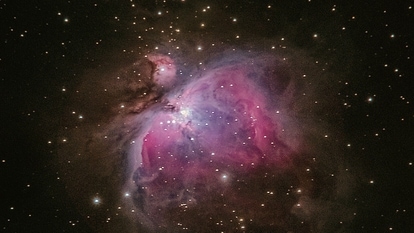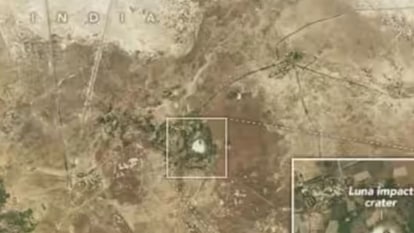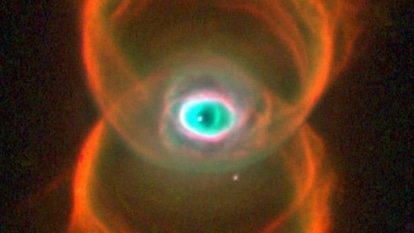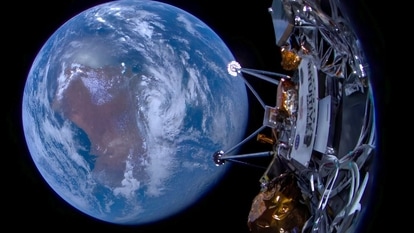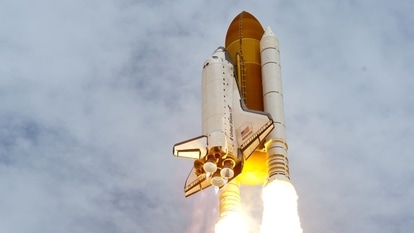Wow! This new NASA space technology bid looks to turn Science Fiction into Reality
NASA has selected 17 futuristic space technology concepts for funding that have the potential to turn science fiction into reality. Check out these unreal technologies NASA will be studying
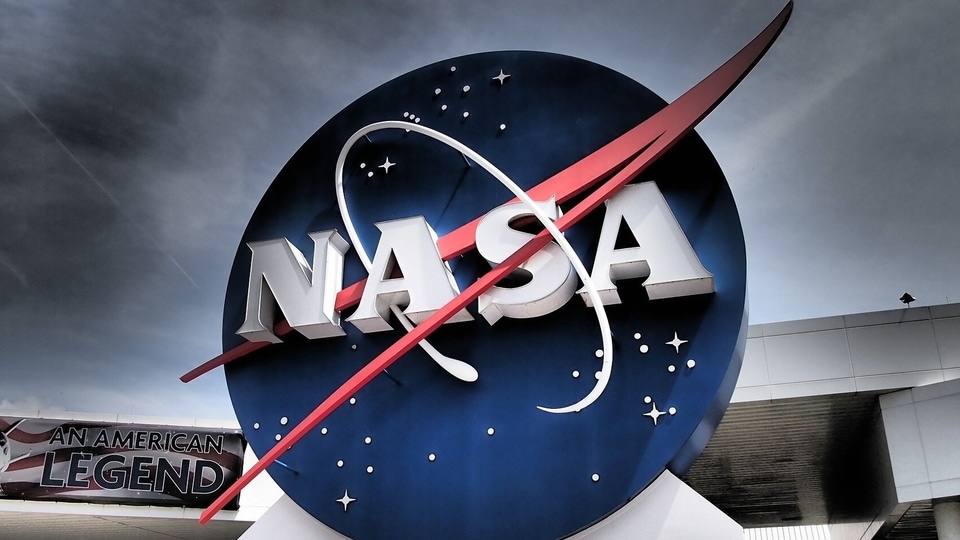
That NASA is working on path breaking technology is not really a revelation. After all, that is what NASA is all about. The American space agency is known for both building as well as fostering new technologies that constantly improve not only space missions but also improve life on Earth. But amazingly, this time, NASA is trying to turn science fiction into reality! Today, on February 26, NASA announced that it has funded 17 futuristic space technology concepts with high potential to help it reach new milestones. These NASA futuristic technologies have been granted a total of $5.1 million for further research and building proof of concept. The NASA funding was part of the NASA Innovative Advanced Concepts (NIAC) program that supports early-stage studies which evaluate technologies that could support future aeronautics and space missions.
Announcing the NASA funding in its website, the space agency explained that the selected concepts are divided into two parts. Phase I has 12 new projects that will begin work under NASA and Phase II has 5 studies “that will allow researchers to continue their prior work on innovative concepts”. Elaborating on the overarching vision behind these studies, Pam Melroy, Deputy Administrator, NASA said, “Concepts like those being studied with this new round of NIAC funding are helping us expand the scope of the possible so we can make it reality.”
NASA futuristic technology to turn science fiction into reality
So, what projects are being studied by NASA? The Phase I NASA futuristic technology projects include an innovative design for a crewed spacecraft that offers more protection from radiation during long journeys compared to the existing models. There are also concepts for “a completely silent electric airplane and an idea for a spacecraft that could harness the Sun's heat to propel it out of the solar system at unprecedented speeds”. These are nothing short of science fiction concepts which we all may have seen in SciFi movies. but now NASA funding is aiming to make it a reality.
But that's not all. Other concepts in Phase I are even more astonishing. Nobel laureate and astrophysicist John Mather has proposed a concept that will enable us to look for Earth-like exoplanets in distant galaxies. Another concept by MIT's Sara Seager is based on a probe that would drop into nearby planets' atmosphere to capture a sample of gas and clouds and fly back home to let scientists learn more about them.
While the NASA futuristic technology projects in Phase II are more grounded in reality, they are still unlike any technology we have. NASA explains that they include “design for small climbing robots that could explore subsurface caves on Mars, a novel way of using nuclear power for spacecraft, and a concept for a swarm of 3D-printed swimming micro-robots that could explore ocean worlds like Enceladus, Europa, and Titan”.
"As in years past, our new group of NIAC fellows showcases the creativity and vision of the space community at large," said Michael LaPointe, acting program executive, NIAC program.
Catch all the Latest Tech News, Mobile News, Laptop News, Gaming news, Wearables News , How To News, also keep up with us on Whatsapp channel,Twitter, Facebook, Google News, and Instagram. For our latest videos, subscribe to our YouTube channel.



